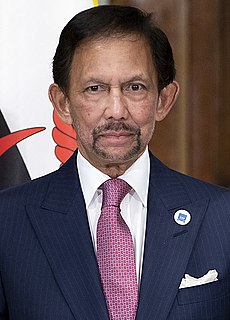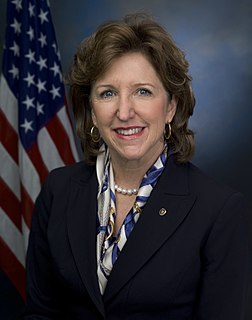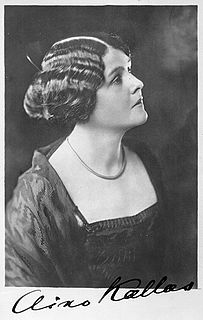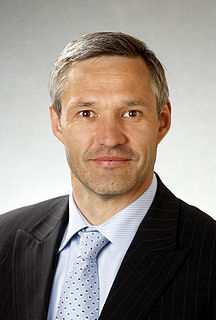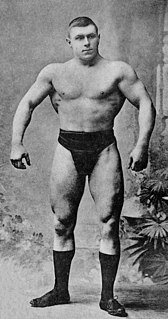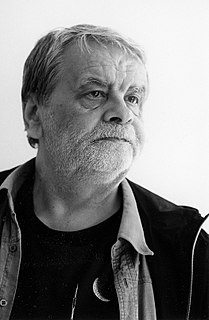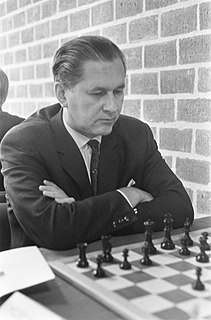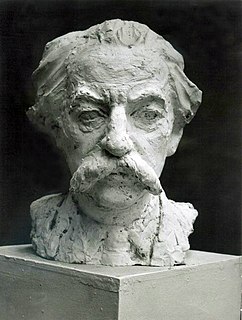A Quote by Taavet Hinrikus
Traditional consumer finance has been unfair for decades. Banks have had a monopoly on financial services and have been able to overcharge and underserve consumers.
Related Quotes
Financial institutions have been merging into a smaller number of very large banks. Almost all banks are interrelated. So the financial ecology is swelling into gigantic, incestuous, bureaucratic banks-when one fails, they all fall. We have moved from a diversified ecology of small banks, with varied lending policies, to a more homogeneous framework of firms that all resemble one another. True, we now have fewer failures, but when they occur... I shiver at the thought.
Bitcoin has been described as a decentralized, peer-to-peer virtual currency that is used like money - it can be exchanged for traditional currencies such as the U.S. dollar or used to purchase goods or services, usually online. Unlike traditional currencies, Bitcoin operates without central authority or banks and is not backed by any government.
Most governments want their citizens to be part of the financial system, to be productive citizens as a result of having access to be able to manage and move money in a seamless way. But the traditional financial services infrastructure is not designed to handle that because, predominantly, it's an expensive infrastructure.
I have been an organizer and then activist and a legislator, all of that. But then there's this big gap after I advanced in Congress and ended up as the ranking member of financial services committee. It took me into the financial services issues and Wall Street and Dodd Frank. And it took me away from the things that I did years ago.







